To better understand this issue, Gia Lai Newspaper and Radio and Television reporters had an interview with Mr. Nguyen Van Hoan - Deputy Director of the Department of Agriculture and Environment.

* Can you tell us specifically about the current situation of wildlife farming in the province?
- Currently, the whole province has 540 wild animal breeding facilities and 1 biodiversity conservation facility. In the eastern part of the province, there are 409 facilities with more than 4,800 individuals of 5 main species such as: palm civet, palm civet, bamboo rat, porcupine, wild boar.
Of these, 402 facilities raise endangered, precious, and rare species listed in the Appendix of the Convention on International Trade in Endangered Species of Wild Fauna and Flora (CITES), mainly palm civets with 4,072 individuals granted commercial breeding codes.
In addition, there are 7 facilities for raising common species and 1 conservation facility, Faros Zoo Investment and Development Joint Stock Company, with more than 800 individuals.
The western region of the province has 131 facilities with 4,456 individuals including civets, deer, long-tailed macaques, Indian peacocks, golden mountain tortoises, rat snakes, wild boars... Of which, 95 facilities raise endangered, precious, and rare species and 36 facilities raise common species.
Most facilities have been granted breeding codes by the Forestry Department in accordance with regulations, ensuring legal origin.
* How is the monitoring of wildlife breeding facilities currently carried out, sir?
- To strictly manage and facilitate breeding activities, the Department requires the Forest Protection Sub-Department to direct the Forest Protection Districts to guide facility owners to open a monitoring book, fully record changes in herd numbers; mark individuals to determine generations (F1, F2); and keep records of the origin and import and export status of animals.
The authorities also support new households in completing procedures to register codes for breeding facilities for endangered, precious, and rare species; coordinate with local authorities to conduct periodic and surprise inspections at breeding facilities as well as some restaurants to monitor compliance with the law.
Every month, Forest Rangers go directly to the base to collect information, check the actual breeding situation and fluctuations in the number of individuals.
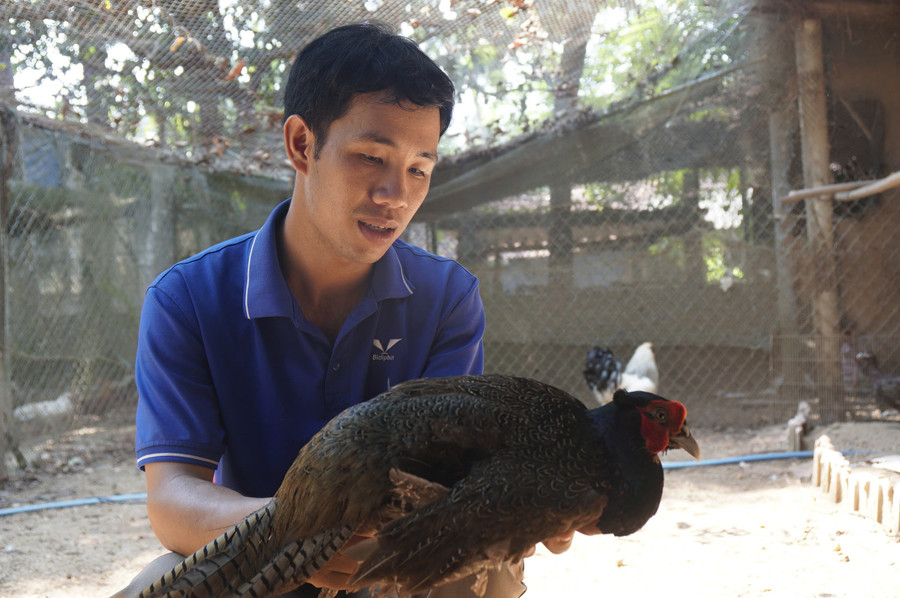
* What notes and recommendations does the Department have for people to raise animals legally?
- The Department has directed the Forest Protection Department to step up propaganda and guide people to strictly implement Circular No. 27/2025/TT-BNNMT dated June 24, 2025 on management of endangered, precious and rare species; breeding of common wild animals and implementation of the CITES Convention, and support necessary techniques and methods.
In addition, the Forest Rangers regularly encourage organizations and individuals to voluntarily hand over wild animals when they no longer need to keep them. People who want to keep them should proactively contact the Forest Ranger Department or Forest Ranger Sub-Department for specific instructions; at the same time, closely coordinate with the authorities in protecting wild animals and biodiversity.
* To improve the effectiveness of wildlife management and protection, in the coming time the Department will…
- Currently, the legal regulations on animal husbandry are quite complete, but there is still a lack of specific guidance on housing standards and captive techniques for each species, causing difficulties in actual management.
The Forestry Department has advised the Department of Agriculture and Environment to report to the Provincial People's Committee to recommend that competent authorities soon issue detailed instructions to support people and improve management efficiency.
Along with that, the Department assigned the Forest Protection Sub-Department to continue coordinating with local authorities and functional agencies to strengthen propaganda and mobilize people to comply with the law.
In addition, the Forest Protection Department will establish an online contact group via Zalo and Facebook to create a forum to share experiences, techniques, breeds and product outputs; at the same time, promote links with other provinces to learn effective models, connect breeding facilities with legal consumption points, contribute to stabilizing the market and aiming for sustainable development of the wildlife breeding industry in the province.
* Thank you!
Source: https://baogialai.com.vn/tuan-thu-phap-luat-de-phat-trien-ben-vung-post564418.html







![[Photo] Binh Trieu 1 Bridge has been completed, raised by 1.1m, and will open to traffic at the end of November.](https://vphoto.vietnam.vn/thumb/1200x675/vietnam/resource/IMAGE/2025/10/2/a6549e2a3b5848a1ba76a1ded6141fae)





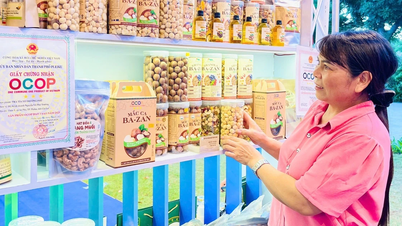





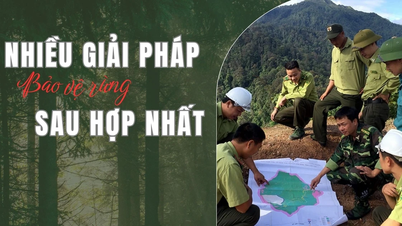

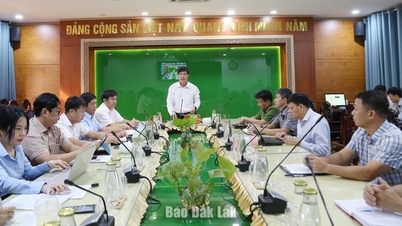

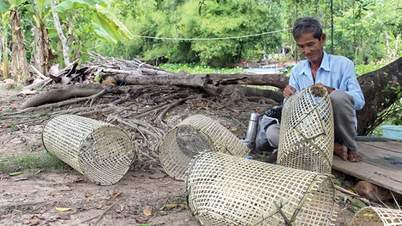

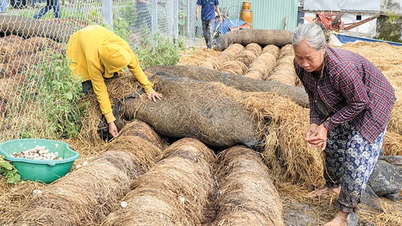
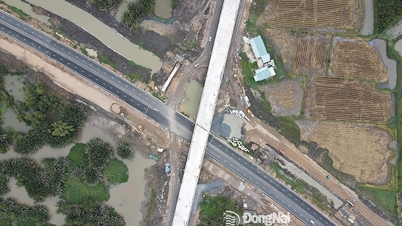







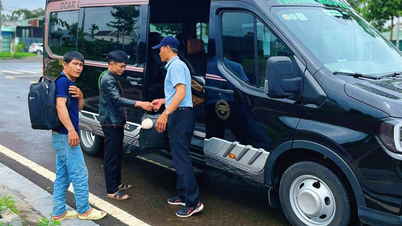

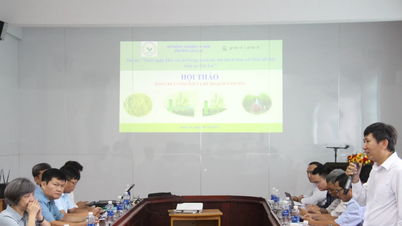


















































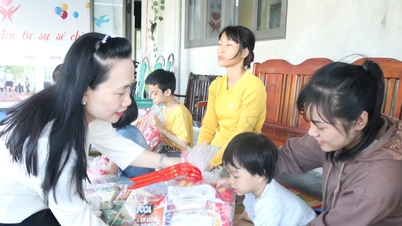

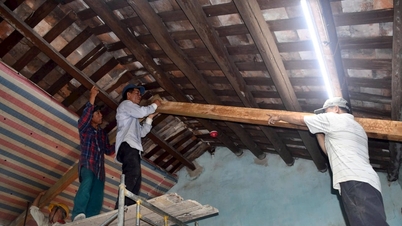
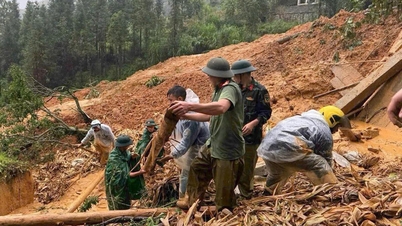

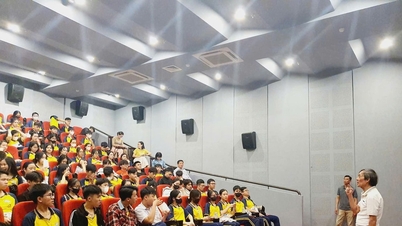












Comment (0)